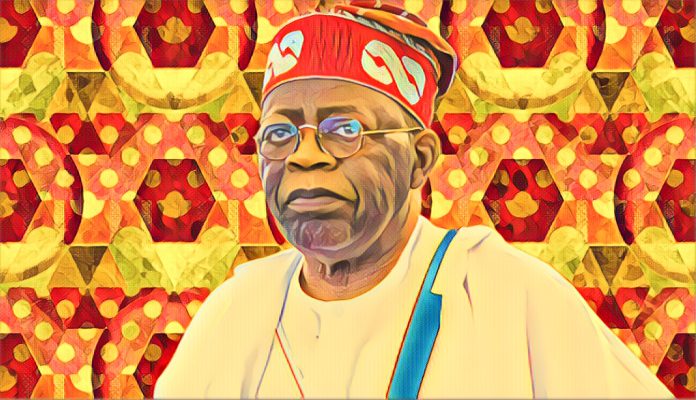Nigeria’s President Bola Tinubu is facing a backlash from citizens who are outraged by his extravagant spending on a presidential yacht, hotel accommodation, and cars amid the country’s economic hardship.
The president, who came to power in 2023 promising to fight corruption and improve the living standards of Nigerians, has been accused of being insensitive and wasteful in his governance.
According to a report by Vanguard, some of the expenditures and plans of the Federal Government that have sparked public anger include:
- The purchase of a presidential yacht for N5.095 billion ($13.2 million) in the 2023 supplementary budget of N2.17 trillion ($5.6 billion). The presidency claimed that the yacht was ordered by the previous administration and that the payment was part of the committed obligation submitted by the navy. However, critics questioned the need for such a luxury item when millions of Nigerians are living in poverty and facing insecurity.
- The spending of $507,384 (N390.7 million) on hotel accommodation for government delegation during the 78th United Nations General Assembly (UNGA) session in New York last September. The hotel expenses for the one week UNGA stay far surpassed the annual income of most Nigerians, who are struggling to cope with rising inflation and economic challenges.
- The allocation of N57.6 billion ($149.4 million) for the purchase of SUVs worth N160 million ($414,600) each for the federal legislators. The lawmakers defended the car purchase as necessary for their official duties, but many Nigerians saw it as a display of opulence and greed.
- The inclusion of N20.5 billion ($53.1 million) for the renovation and construction of the vice president’s residences in Abuja and Lagos in the 2023 supplementary budget and the 2024 budget proposal. The FCT Minister also asked the lawmakers to approve N15 billion ($38.9 million) to build a befitting house for the vice president in Abuja.
- The sending of 1,411 delegates to the COP28 climate summit in Dubai, United Arab Emirates, UAE, in November. Nigeria’s delegation was the third largest after UAE and Brazil, and far outnumbered those of other African countries. The government said it sponsored 422 delegates, which critics also dismissed as “too high”.
A Call for Sacrificial Leadership
Many Nigerians have expressed their dissatisfaction and disappointment with the president and his administration over the perceived wasteful spending and lack of fiscal prudence.
They have also urged the president to show sacrificial leadership by reducing his own allowances and privileges, and by holding his appointees and allies accountable for any misuse of public funds.
Some civil society groups and opposition parties have threatened to stage protests and legal actions against the government if it fails to heed the demands of the citizens and review its budgetary allocations.
A Ray of Hope
Some Nigerians have expressed optimism that the country can overcome its current challenges and achieve its potential as a great nation.
They have appealed to the president to listen to the voice of the people and to implement the necessary reforms and policies that will foster economic growth and social development.
Nigeria, with a population of over 200 million people, is Africa’s largest economy and most populous country. It is endowed with abundant natural and human resources, and has a vibrant and diverse culture.
The president, who is serving his first term in office, has pledged to address these issues and to transform the country into a prosperous and peaceful nation.



